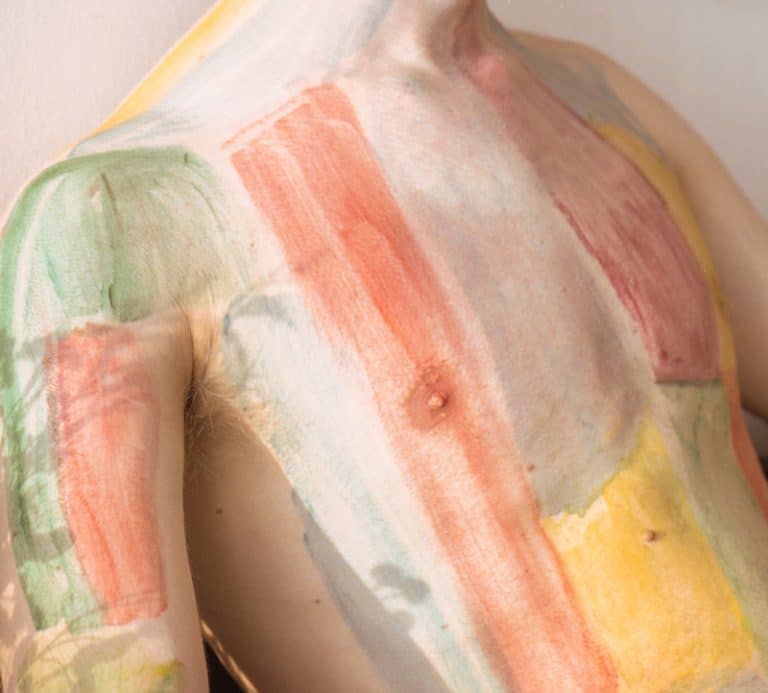Communities on Instagram are using memes to drive the conversation around mental health
Mental health has a lot of stigmas attached to it, and for many of us, speaking out freely about our struggles can be difficult. Somehow, over the years, young people started looking for comfort through memes on social media, which allow them to speak about their concerns with a little more ease. But why is it that, for many of us, it is easier to share our issues through jokes and humour?
Instagram is a paradoxical place. It is no secret that social media platforms are immensely harmful to our wellbeing, and, surprise, surprise—according to a study conducted by the Royal Society for Public Health in 2017, Instagram was proven to be the worst social media platform for our mental wellbeing. There are endless reasons for this, be that the constant anxieties of ‘keeping up’ or comparing ourselves to others.
But users on Instagram are slowly changing the scene, all the while trying to make the platform a better place—whether it’s influencers taking a pledge to be more transparent, or people advocating for Instagram to remove the ‘like’ feature. The platform also serves as a home to an ever-growing online meme community, one that is driving the conversation around mental health, and de-stigmatizing it one meme at a time.
Mental health is a heavy topic, but it doesn’t have to be. “I think there is a lot of great support and conversation, but it is on a more serious tone. And while I think that is necessary, I also think that the seriousness and the weight of it sometimes add to the pressure and the stigma of the illness itself,” @thementallytrillest told Screen Shot. @thementallytrillest is one of the few Instagram accounts prompting the conversation around mental health, through funny, witty and self-loathing memes.
Cori, perhaps better known as @manicpixiememequeen, started her meme account as a way to cope with her own struggles. In 2017, she was experiencing some mental health issues, and her uncle had just tried to commit suicide. “I did what any other person would do: I made an anonymous ‘finsta’ to shout my personal problems out to the void of the internet in the form of memes. The creation process made me feel productive, rather than feeling like I was wallowing or pitying myself,” she told Screen Shot. “@manicpixiememequeen has given me so many incredible opportunities to generate discussion about mental health,” Cori added. She went on to speak at Stanford University, and she even had several therapists message her, thanking her for posting the memes. “Some of their patients have used my memes to start a conversation in private sessions,” Cori explained.
For some members of the older generations, memes do not carry as much cultural significance as they do for the new gen. Of course, depicting our personal struggles through memes may seem like an unconventional coping mechanism, but when it comes to mental health, our generation is the most outspoken one. Memes make difficult conversations easier to have—somehow seeing somebody go through the same struggles as you, and still be able to laugh about it makes you feel like you can relate to people, and in the end, it makes you feel a bit better.
“Mental health issues can feel and be incredibly alienating, and memes that address these issues help people feel less alone and may even encourage them to speak and seek help,” Alia, also known as @memesturbationation on Instagram, shared with Screen Shot. She explained that memes not only help her process her feelings, but help her acknowledge them as well. And this ability to feel less isolated, and to relate to other people online is what creates such a wonderful community, one that is safe and welcoming, and one that uses memes as a unique language for today’s century, driving the growing conversation around mental health.
Odie, known as @not.yr.boyfriend online, has been ‘meming’ since early 2016, and has built a helpful community since then. The purpose of their work is to “embody the work I am doing on myself and in my community.” They explain that they wouldn’t describe their account as a mental health page, but instead as a project of self-work that aims to shift humanity towards a culture of accountability. Memes have the potential to drive a conversation and shift opinions, be that for political or social reasons, meaning that disregarding them or the work that meme creators do would be unfair.
And yet, memes about mental health are still met with a lot of criticism. For example, @memesturbationnation previously received some criticism for her work, accusing her of romanticising and trivialising mental health, to which she responds “I think that’s bullshit. It’s just more people trying to shame and silence those who experience mental health issues. I’ve received way more messages thanking me for sharing my experience with mental illness through memes.” Is it really fair to silence creators who predominantly create a safe space as a coping mechanism of their own, and who are helping so many people online?
Mental health is a sensitive subject, and it is understandable why some people don’t engage with memes depicting subjects of their personal struggles. But Instagram can be used as a tool that many people use to reach out to others who are experiencing the same thing, to let them know that they are not alone, and to show and receive support. The beautiful thing about meme pages on Instagram is how many of them there are. Be it astrology memes, political memes, art memes or mental health memes—there is content for everyone, and a community for all. Mental health meme pages on Instagram are a reminder that it’s okay not to be okay, and they’re accessible for everyone, at any time.





